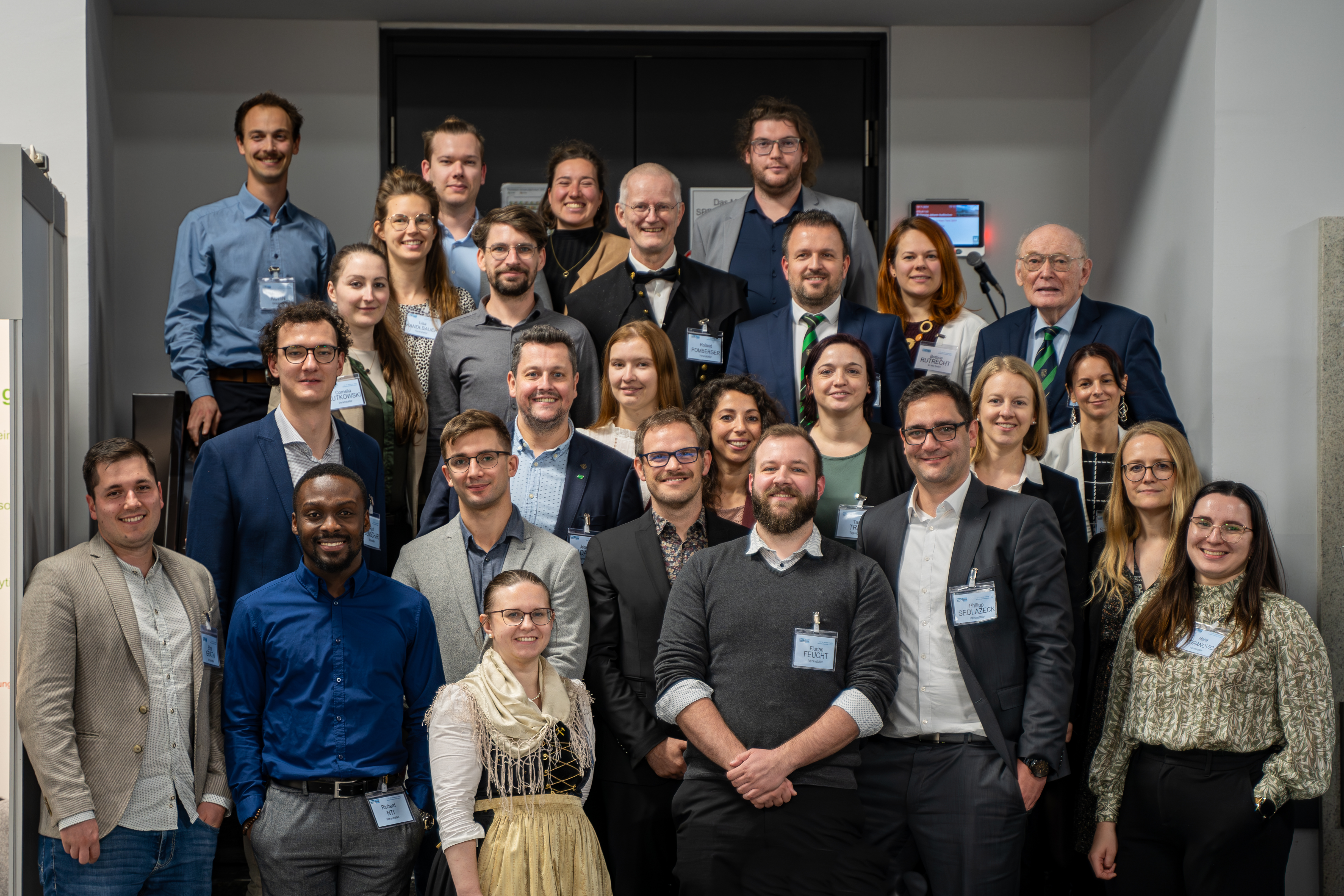Welcome to the Recy & DepoTech website!
Recy & DepoTech has developed into the largest waste management and recycling conference in Austria, with more than 750 conference participants. The current conference topics, the quality of the presentations and the organisational framework have made Recy & DepoTech known far beyond Austria's borders.
In 2026, representatives from science and industry will meet for the 18th time to discuss current waste management and technical topics.
As the head of Recy & DepoTech, I would be delighted to welcome you to the next conference in Leoben in November 2026.
 |
 |
| Roland Pomberger |
Organization team Recy & DepoTech 2024 |
| Organisation Recy & DepoTech | |
|
Head of the Chair of Waste Processing Technology and Waste Management |
